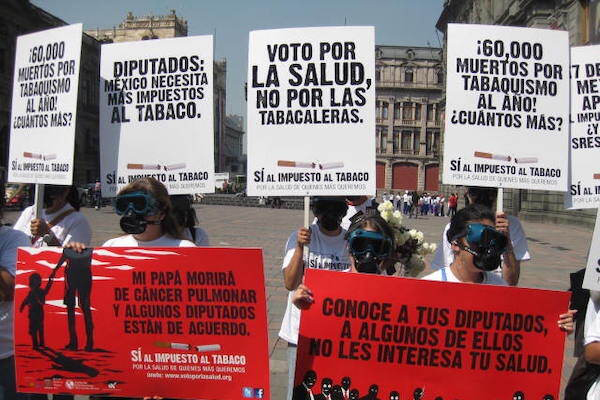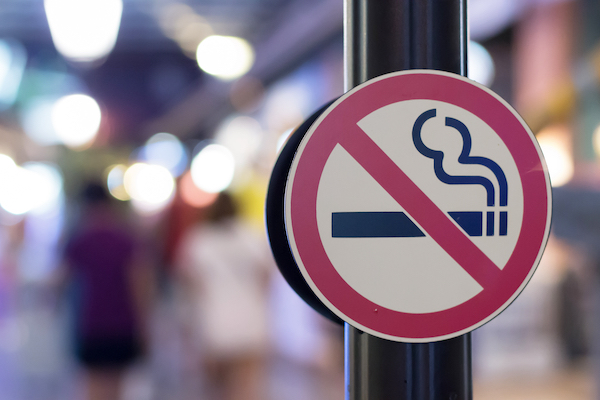THIS BLOG FROM MEXICO SALUD-HABLE IS PART OF OUR MEMBER-AUTHORED SERIES ON NCD INVESTMENT.
The imposition of higher taxes on companies that manufacture products that are harmful to health, such as tobacco, alcohol, sugary drinks and ultra-processed foods with low nutritional value that is high in fat and sugar, has been a repeated recommendation of the World Health Organization to governments to compensate for the damage caused by noncommunicable diseases (NCDs). However, after two and a half years of living with the COVID-19 pandemic, we are seeing that most countries continue to resist increasing such taxes, believing that this will help in recovering their economies.
COVID-19 - learning the lessons
Given the situation caused by the SARS-CoV-2 virus, we must learn an unprecedented lesson, and make it a reality for each nation. In addition to being an intrinsic condition of life and survival, health is the main input that allows human beings to function as productive entities, creators of goods and services that are exchanged between communities, larger societies, countries and regions; that drive economies and foster the development conditions to which we all aspire, regardless of ethnic, cultural, scientific or technological differences.
Before the pandemic, 500 million people were pushed or further pushed into extreme poverty because they had to pay for health services out of their own pockets. This is inexcusable because social security and social protection systems must care for their populations.
holding harmful industries to account
Faced with major global problems like the ones we are experiencing, people and governments must be bold to break harmful paradigms that put the interests of large businesses above the protection of populations.
The organizations belonging to the Mexico Salud-Hable Coalition, which in 2011 contributed to the increase in tobacco taxes alongside government officials, researchers, people living with NCDs, social activists and legislators, are again considering promoting measures that raise the prices of deadly tobacco products. This price increase would come through an increased tax that at the same time generates public funds and inhibits consumption, especially in children and young people. “Tobacco tax saves lives” was our slogan in 2011 and it can be again now.
Another avenue for allocating resources to NCD care must be the implementation of strong government policies and mechanisms that reduce or eliminate (lawful) tax avoidance and (illicit) tax evasion by many large taxpayers, undermining the effectiveness of tobacco control policies. At the same time, the tobacco industry argues that raising taxes leads to illicit trade and tax evasion.
A third option is made available through the International Bank for Reconstruction and Development, under the World Bank, which grants soft loans to low- and middle-income countries that commit to restructuring their health systems to address NCDs.
And finally, what about organizing a large collection to benefit the poorest countries among the richest families in the world: Walton (Wal Mart), Koch (oil) and Mars (chocolate industry), with Arab tycoons and with Mr Jeff Bezos (Amazon), Bill and Melinda Gates (who just increased their altruistic fund by $20 billion last July). Mr Michael Bloomberg, who has been a WHO ambassador for NCD care for two terms, could be a worthy promoter of such a fundraiser. This kind of bold action can be the catalyst needed to finally increase funding for NCDs.
About the author
Juan Núñez Guadarrama is the Coordinator of the Mexico Salud-Hable Coalition (2013 to present). Previously, he was also the founder of the National Youth Program for the Prevention of Addictions (1989-1994) in the National Sports Commission; a founding member in 1989 and member to date of the Interinstitutional Committee for the Fight against Tobacco; and Deputy Director of Coordination of the National Council against Addictions (1995-2007). He received the 2018 Bloomberg Philanthropies Award in Cape Town, South Africa for the project Strengthening Health System Capacity to Scale Up Tobacco Dependence Treatment.





